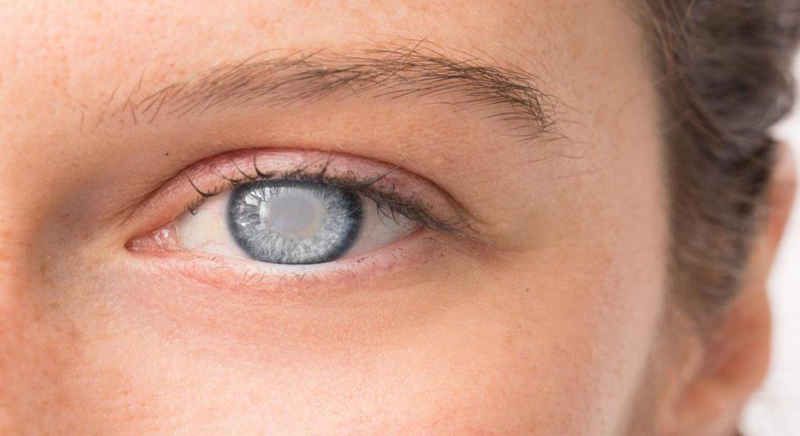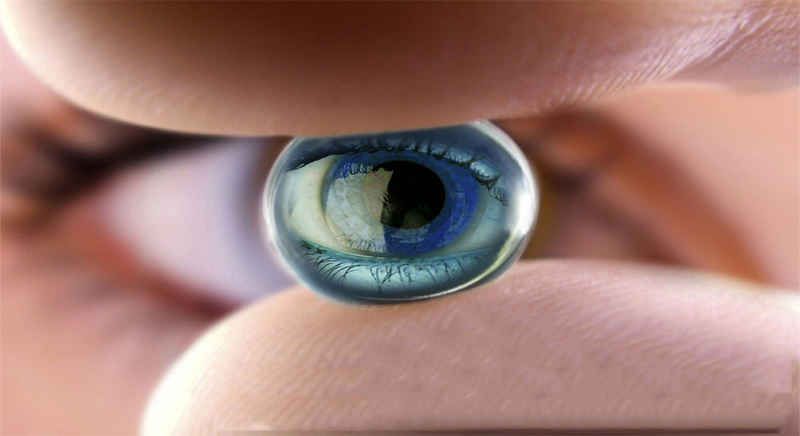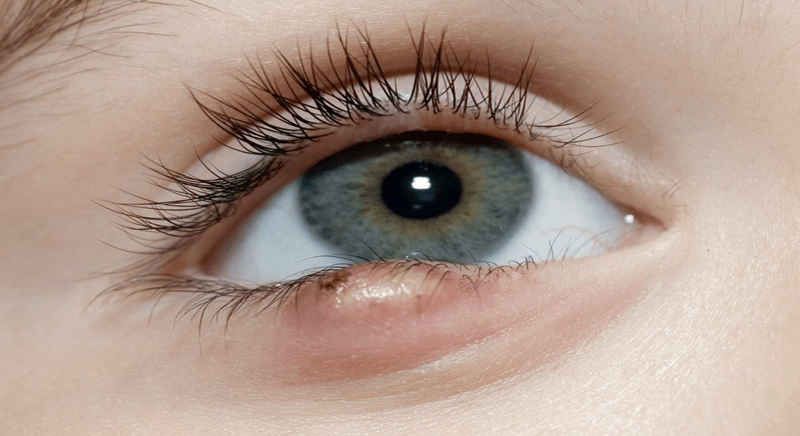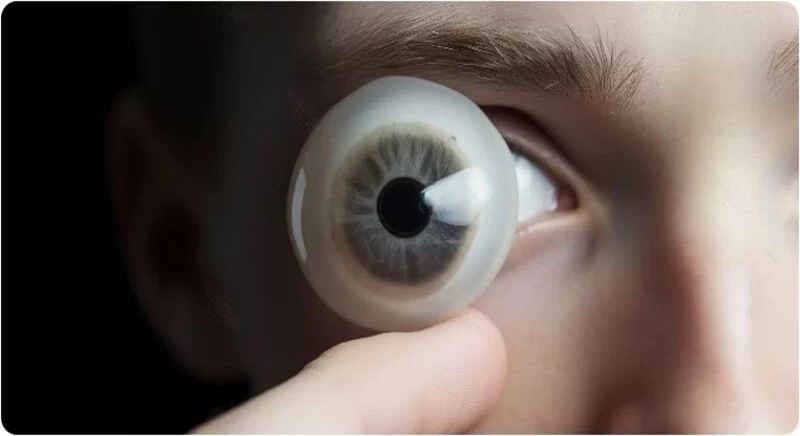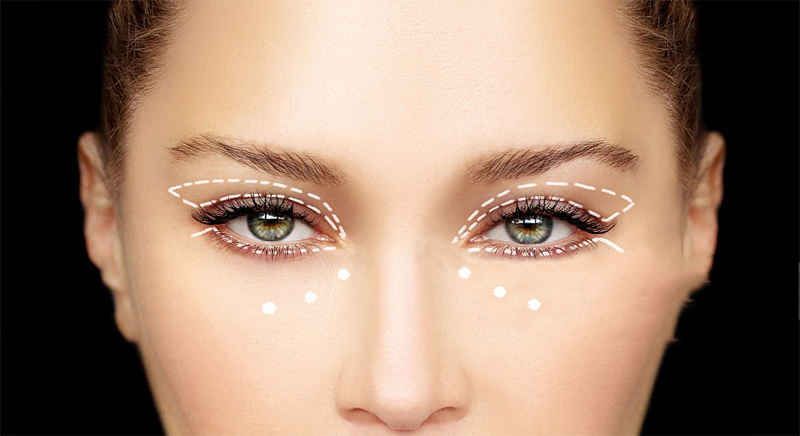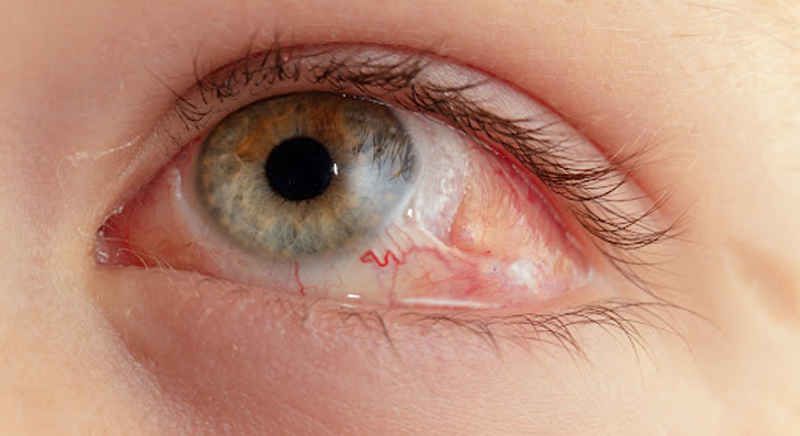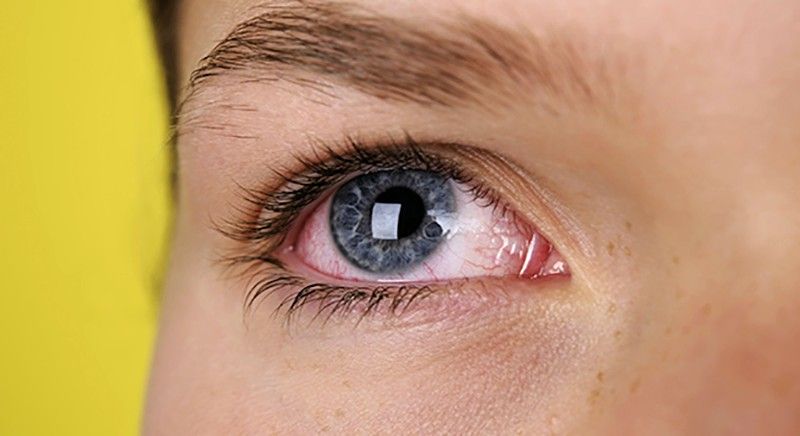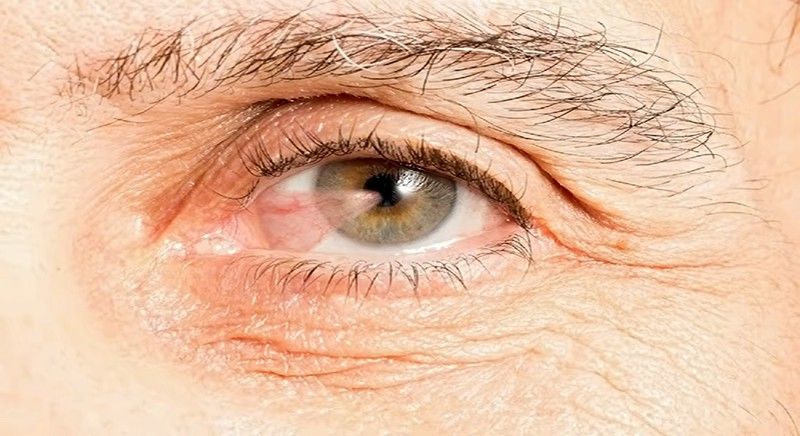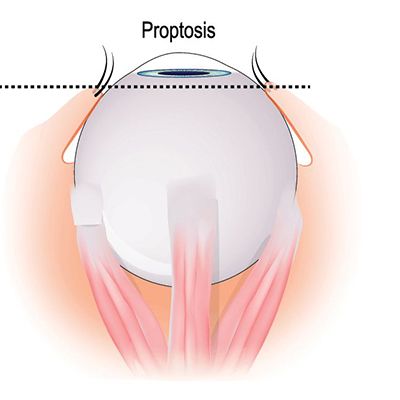
If this disease exists, there is a risk of pressure on the optic nerve that sends signals between the eye and the brain. which can affect a person's vision if not treated quickly. Identifying the cause of the complication is very important, because if it is treated in time, the treatment methods are more effective. Over time, this disease causes a decrease in people's vision. Dry eye and corneal ulcer are also common in eye protrusion patients. In the first stage of eye protrusion, the eyelids and eyes become red and swollen, which is accompanied by eye irritation and tears, and can be treated by prescribing corticosteroids, and the eye returns to its original state. Protrusion of the eye in the advanced stages sometimes causes one of the eyes to come forward asymmetrically and can eventually involve the second eye as well. The treatment of this disease has two stages. In the first stage, when the disease is in the form of inflammation, patients are treated medically, but the important thing for these patients is to reduce and treat eye surface complications using eye ointments and eye drops. To treat this disease, they use surgeries that reduce the pressure on the eye and optic nerve. After this pressure is controlled, if the patient has double vision or a disorder in the movement or function of his eye muscles, surgeries related to eye deviation, double vision, or movement disorder should be performed. Many symptoms of thyroid eye disease improve over time, although this can take several years. If corrective surgery is not performed, the eyes will gradually protrude further. Some people with this disease face long-term vision problems such as diplopia. However, if the condition is diagnosed and treated quickly, permanent vision loss is rare.
The most common cause of bulging eyes is hyperthyroidism or hyperthyroidism. The thyroid gland is located in the front of the neck. It secretes several hormones that help control the body's metabolism. Hyperthyroidism occurs when the thyroid produces too much of these hormones. An autoimmune disorder called Graves' disease is the most common cause of hyperthyroidism and puffy eyes. In this condition, the tissues around the eye become inflamed. This disorder causes a bulge effect.
- Neuroblastoma: A type of cancer that can affect the sympathetic nervous system.
- Leukemia: A type of cancer that can affect white blood cells.
- Rhabdomyosarcoma: A type of cancer that can develop in soft tissues.
- Lymphoma: Most often non-Hodgkin's lymphoma
- Orbital cellulitis: An infection that can affect the tissues around the eyes.
- Hemangioma: An abnormal collection of blood vessels
- Bleeding behind the eye due to injury
- Metastatic tumors from cancer in other parts of the body
- Connective tissue diseases, such as sarcoidosis
Location
No.74, MeysamSt
Salarieh. Qom
Iran
Contact
+ 98 - 2532911357
+ 98 - 9196927882
Office Hours
Sat-Wed: 9:00 AM To 7:00 PM
Thursday: 9:00 AM To 2:00 PM
